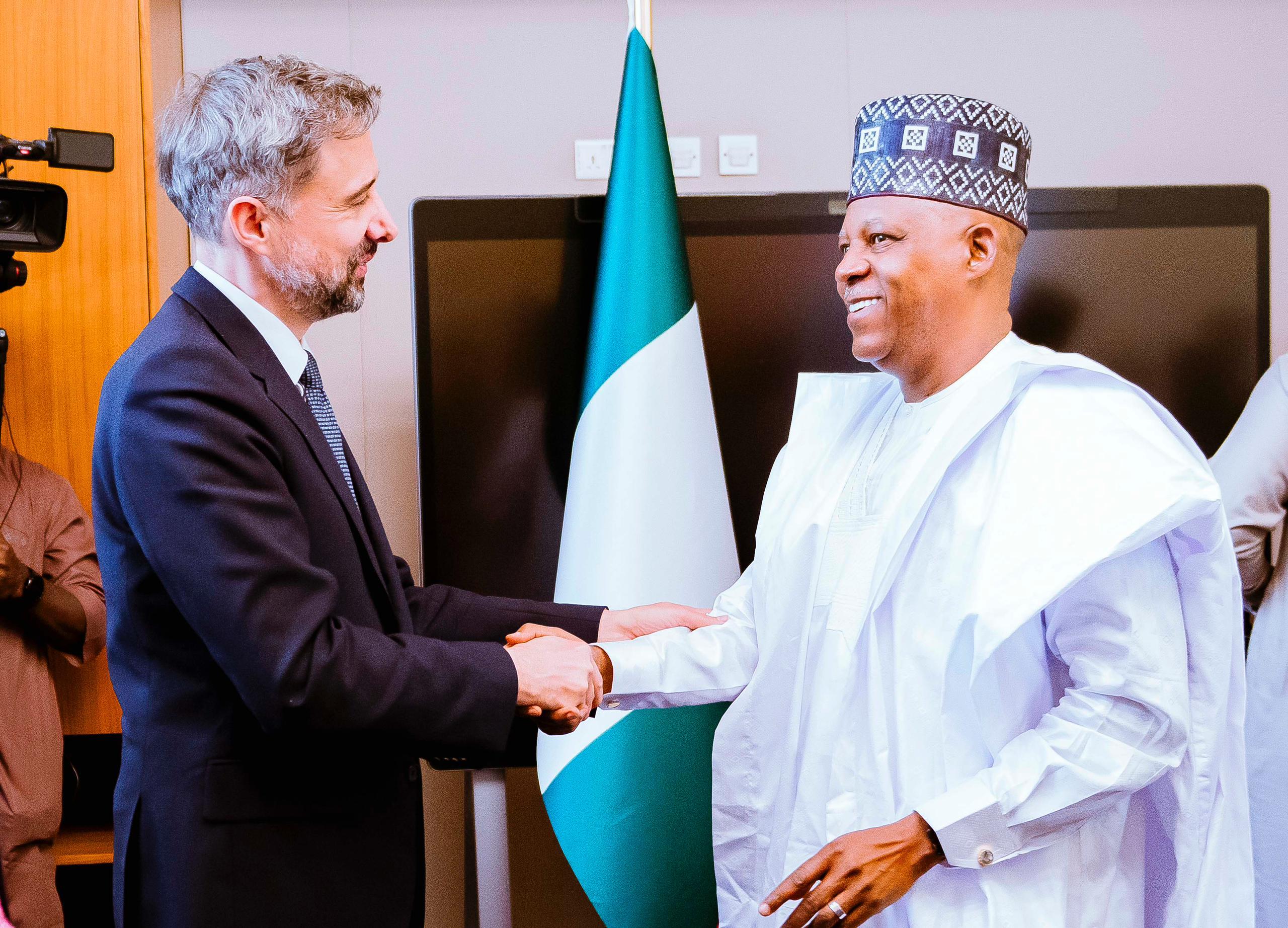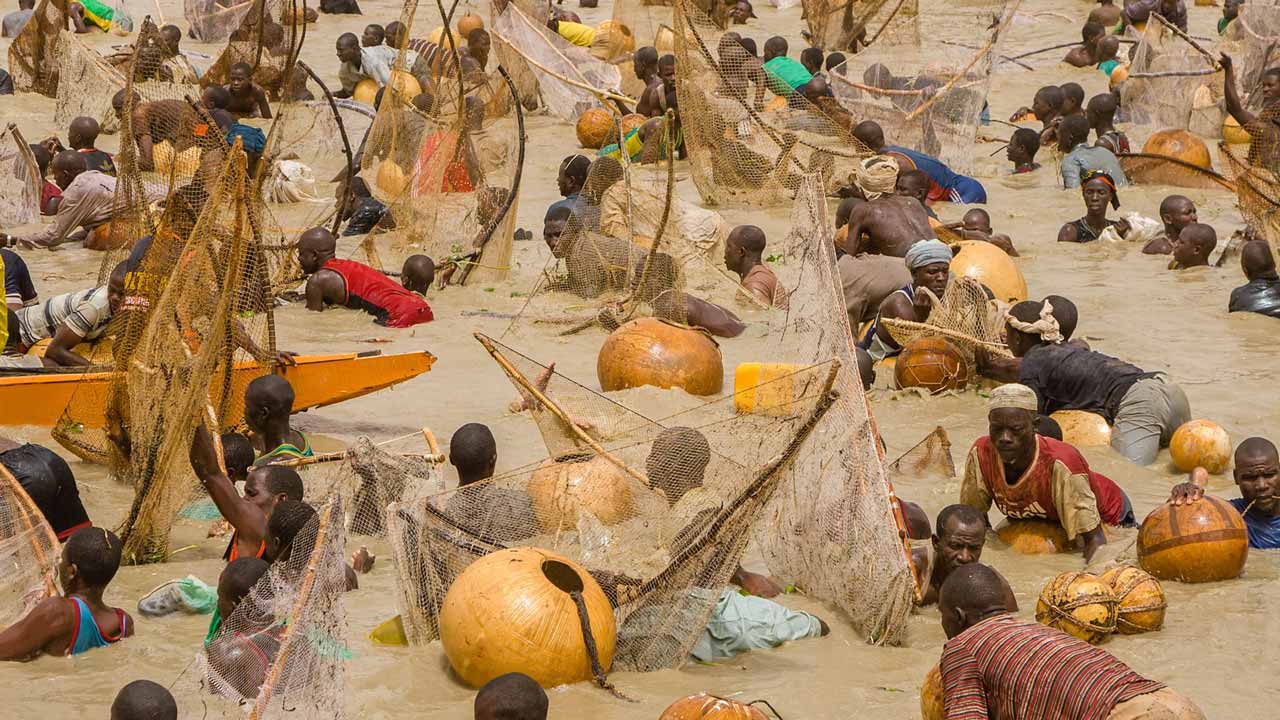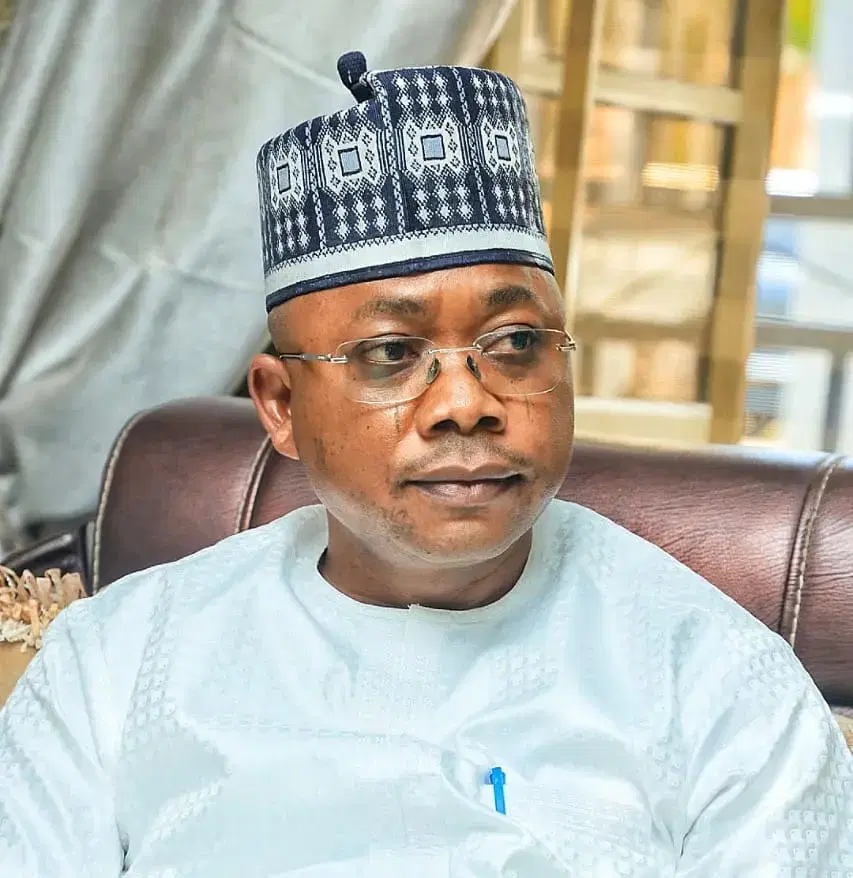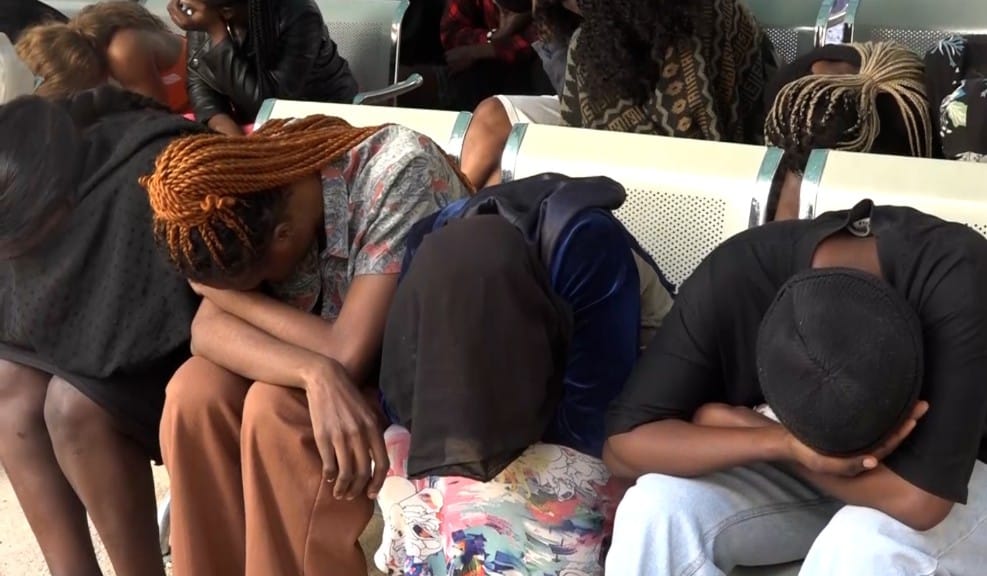Vice President Kashim Shettima has reaffirmed Nigeria’s commitment to achieving food sovereignty, stating that true national independence is incomplete without the ability to feed its people. Speaking at the UN Food Systems Summit +4 (UNFSS+4) in Addis Ababa, Ethiopia, Shettima urged global partners to collaborate with Nigeria in transforming Africa’s agricultural landscape.
He emphasized that President Bola Ahmed Tinubu’s administration has developed a comprehensive strategy to address food insecurity, especially in conflict-hit regions. “Our target is food sovereignty. Without it, no nation is truly sovereign,” Shettima said.
Highlighting Tinubu’s declaration of a State of Emergency on Food Security in 2023, Shettima noted that Nigeria’s food system faced challenges such as insecurity, climate change, and inflation. In response, the government launched systemic reforms to reposition agriculture as a youth-driven, market-based engine of economic growth.
To streamline interventions, the Federal Government established the Presidential Food Systems Coordinating Unit (PFSCU), aiming to harmonize food security efforts without displacing existing institutions.
“We’re not relying on charity. We’re empowering displaced persons with food production initiatives to restore dignity and resilience,” Shettima added.
He stressed that Nigeria’s agricultural transformation would be market-driven, focusing on entrepreneurship, innovation, and increased yields. The government, he said, is investing in improved seeds, mechanisation, and enhanced extension services to combat climate shocks.
Shettima Seeks FAO, IFAD, WFP Support for Lake Chad Revival and Green Revolution
On the sidelines of the summit, Vice President Shettima met with key global development leaders, including FAO Director-General QU Dongyu, IFAD President Álvaro Lario, and WFP Executive Director Cindy McCain.
At the meeting with FAO, Shettima sought support for reviving the Lake Chad basin, enhancing year-round farming, and implementing the government’s Green Revolution Project. He described the region’s degradation as a complex crisis requiring joint development efforts, conflict resolution, and infrastructure investment.
QU Dongyu commended Nigeria’s political leadership, pledging stronger FAO support and technical partnership.
During talks with IFAD’s President, Shettima underscored plans to empower smallholder farmers, particularly women and youth, with access to finance, modern inputs, and mechanisation. He advocated scaling up IFAD-supported projects to benefit more rural communities.
In a meeting with WFP’s Cindy McCain, the Vice President acknowledged the organisation’s critical role in Nigeria’s humanitarian efforts. However, he emphasized the need to shift focus from emergency relief to sustainable development solutions. McCain assured continued collaboration in school feeding, nutrition, and community resilience programmes.




